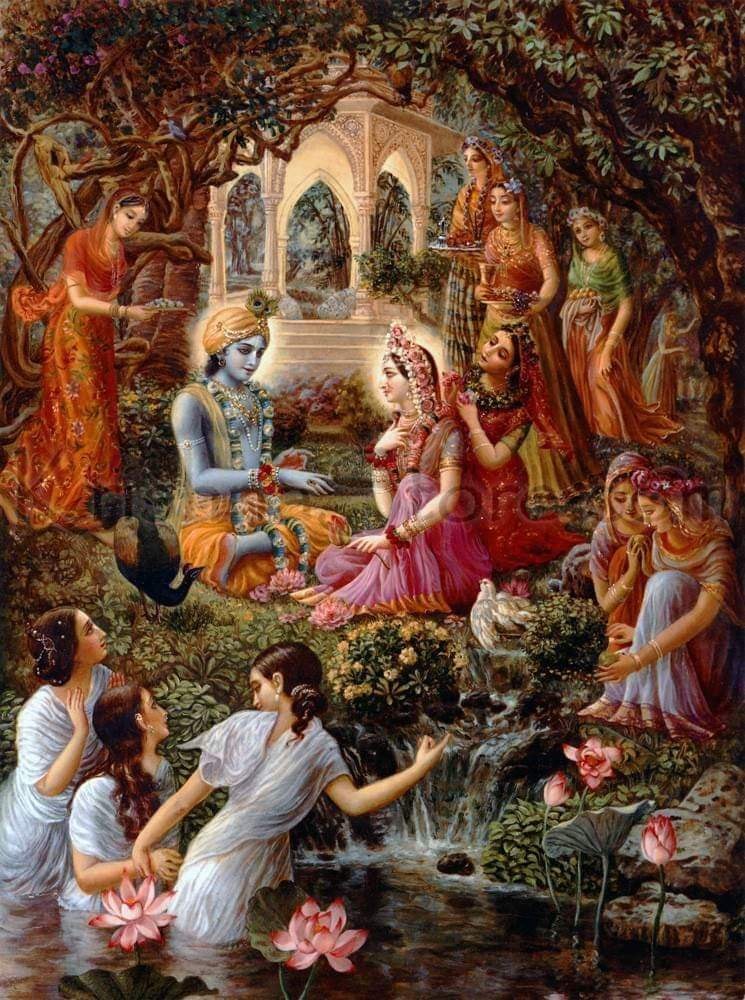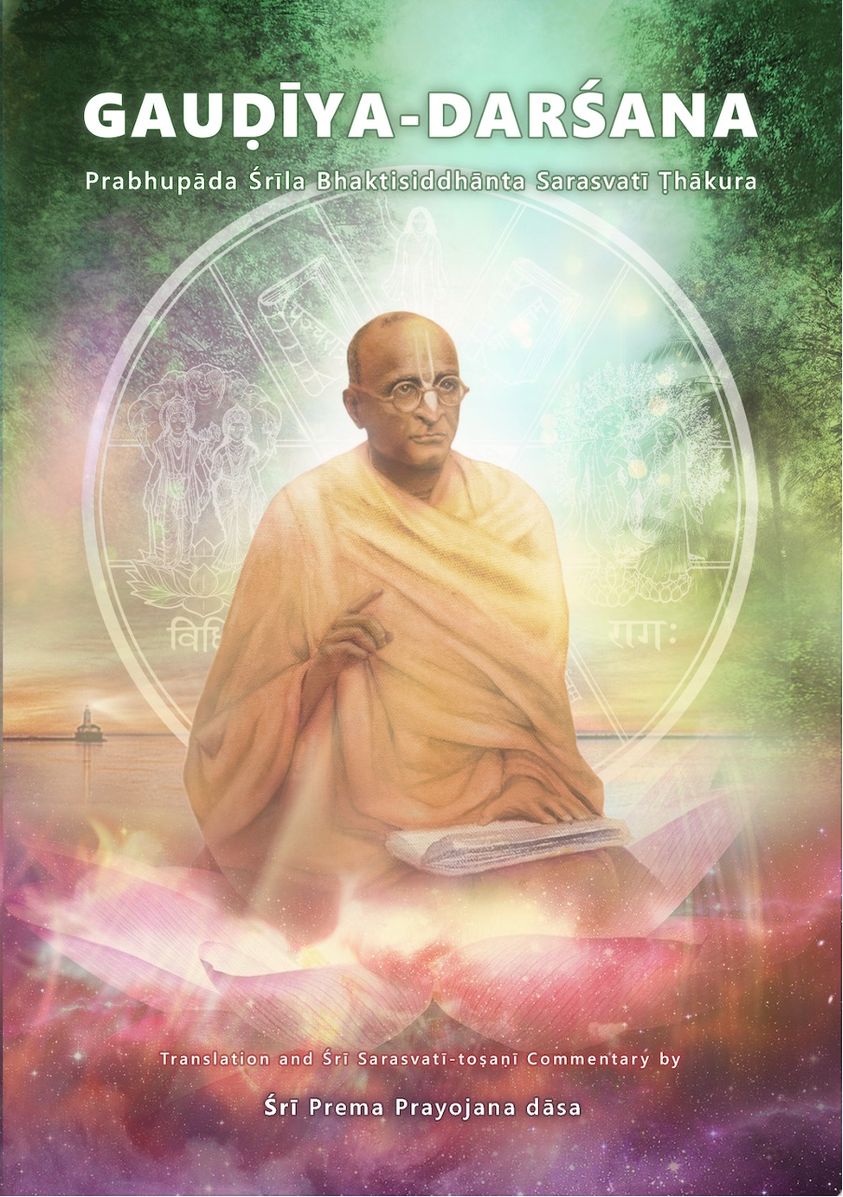Wise Among Men
INSPIRATION OF THE DAY

Srila Bhaktivedanta Narayana Maharaja
From the Bhagavad Gita by Srila BV Narayana Maharaja Chapter 4 Text 18
One who sees action in non-action and non-action in action is truly wise among men and transcenden- n tally situated, even though he performs all sorts of actions.
SARARTHA-VARSHINI
BY SRILA VISVANATHA CAKRAVARTI THAKURA
Of the three types of karma, the tattva of karma and a karma is explained in this sloka beginning with the word karmani. Personalities such as Janaka Maharaja, who were pure in heart, did not take sannyasa although they were endowed with jnana. Instead, they performed akarma by following nishkama-karma-yoga.
Those who can see that such actions are not karma are themselves not bound by karma. A karma sannyasi whose heart is impure, who lacks tattva-jnana, and who possesses mere intellectual knowledge of sastra, can only deliver exalted speeches. But, those who can see karma in the akarma of such sannyasis, and who realise that bondage to karma leads only to a miserable destination, are actually wise.
The pure-hearted person mentioned above performs all types of karma but does not accept karma-sannyasa. On the other hand, there are so-called karma-sannyasis who consider themselves to be knowledgeable, but who are actually proud and garrulous. They do not seek higher association or follow instructions, and they only praise themselves. Those impure-hearted persons suffer miserably.
Sri Bhagavan has also said:
yas tv asamyata-shad-vargah / pracandendriya-sarathih jnana-vairagya-rahitas / tri-dandam upajivati suran atmanam atma-stham / nihnute mam ca dharma-ha avipakva-kashayo .smad / amushmac ca vihiyate
![rimport_40429[1]](http://www.harekrishnasociety.com/wp-content/uploads/2012/03/rimport_404291-150x150.jpg)
The Bhagavad Gita
Srimad Bhagavatam (11.18.40-1)
Sometimes, a person who is bereft of jnana and vairagya makes a show of accepting tridanda, the symbol of sannyasa, to maintain his life. This is condemned if his intelligence, which should direct the senses, is instead controlled by the fiercely strong senses and by the six invincible enemies (lust, anger, greed, illusion, pride and envy).
Such a person is the killer of his own soul. Completely immersed in endless material desires, he denies the worshipable devas, his own self and even Me, who am situated within his heart. Thus he is ruined both in this world and in the next.
SARARTHA-VARSHINI PRAKASIKA-VRITTI
BY SRILA BHAKTIVEDANTA NARAYANA MAHARAJA
All karma performed by a nishkama-karma-yogi is akarma (inaction) in the form of karma-sannyasa. Renunciation of the fruits of action (karma-tyaga) constitutes his performance of nishkama-karma. Although nishkama-karma-yogis perform all types of actions, they are not considered to be karmis (fruitive workers).
For them karma and akarma are the same. On the other hand, so-called jnanis who have artificially renounced their prescribed duties (karma-sannyasa), but whose conduct is poor (duracari) due to their impure hearts, who are proud, and who praise themselves, suffer miserable consequences.

![krishna[1]](http://www.harekrishnasociety.com/wp-content/uploads/2012/04/krishna1-150x150.jpg)









